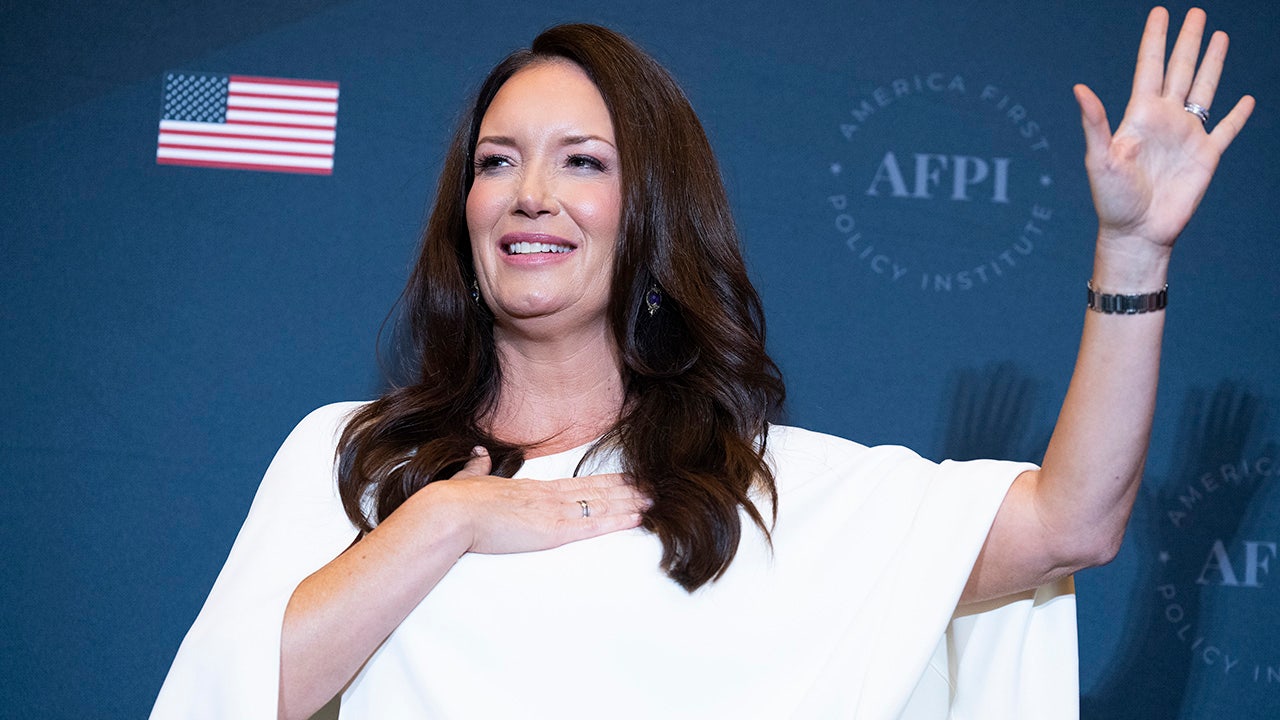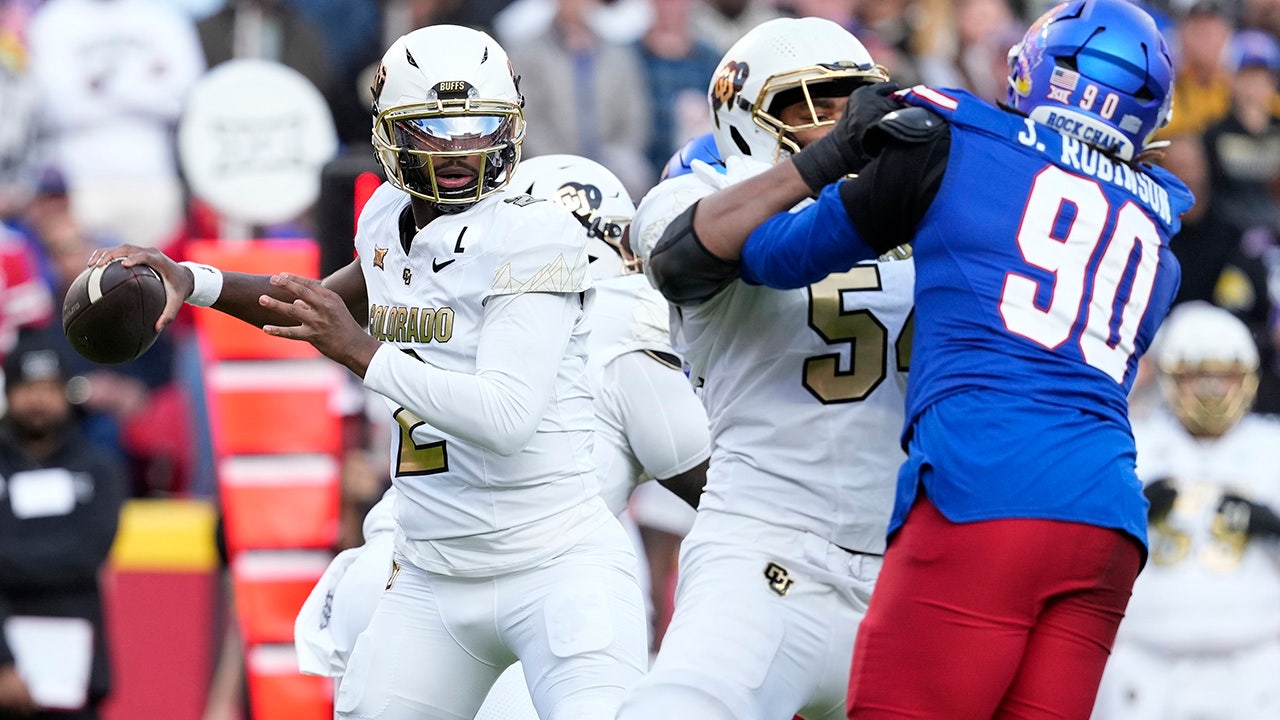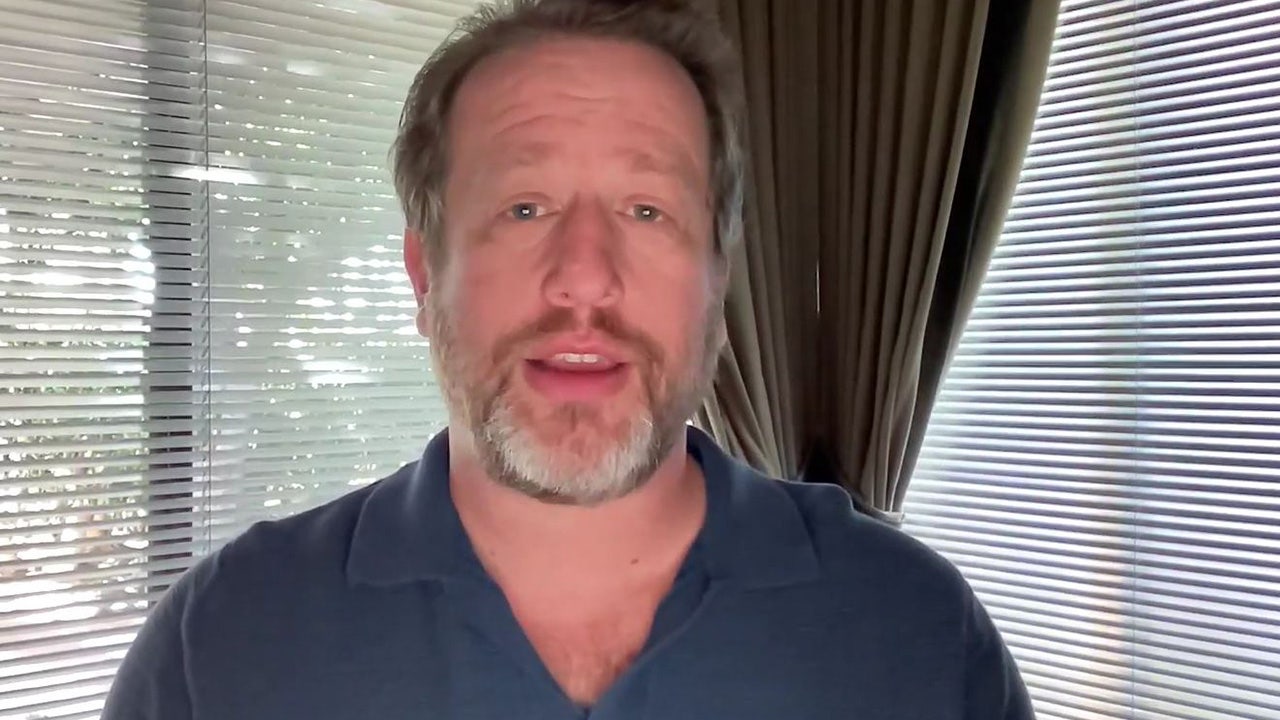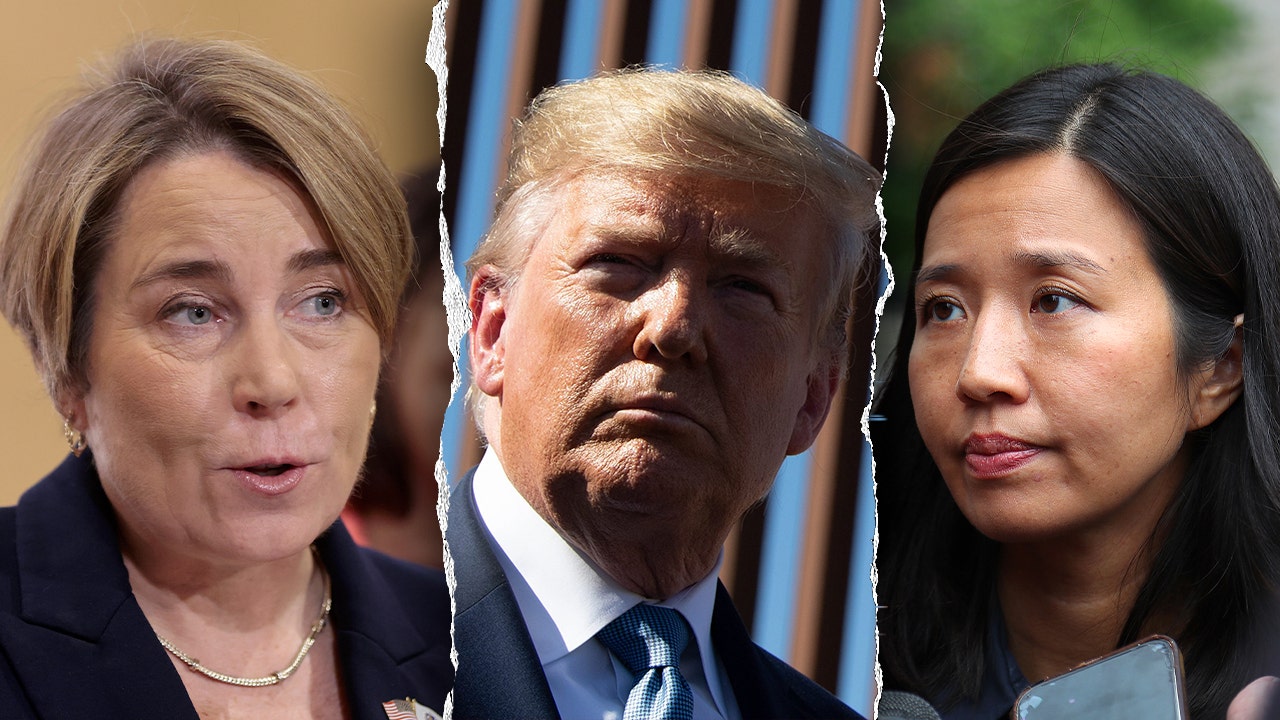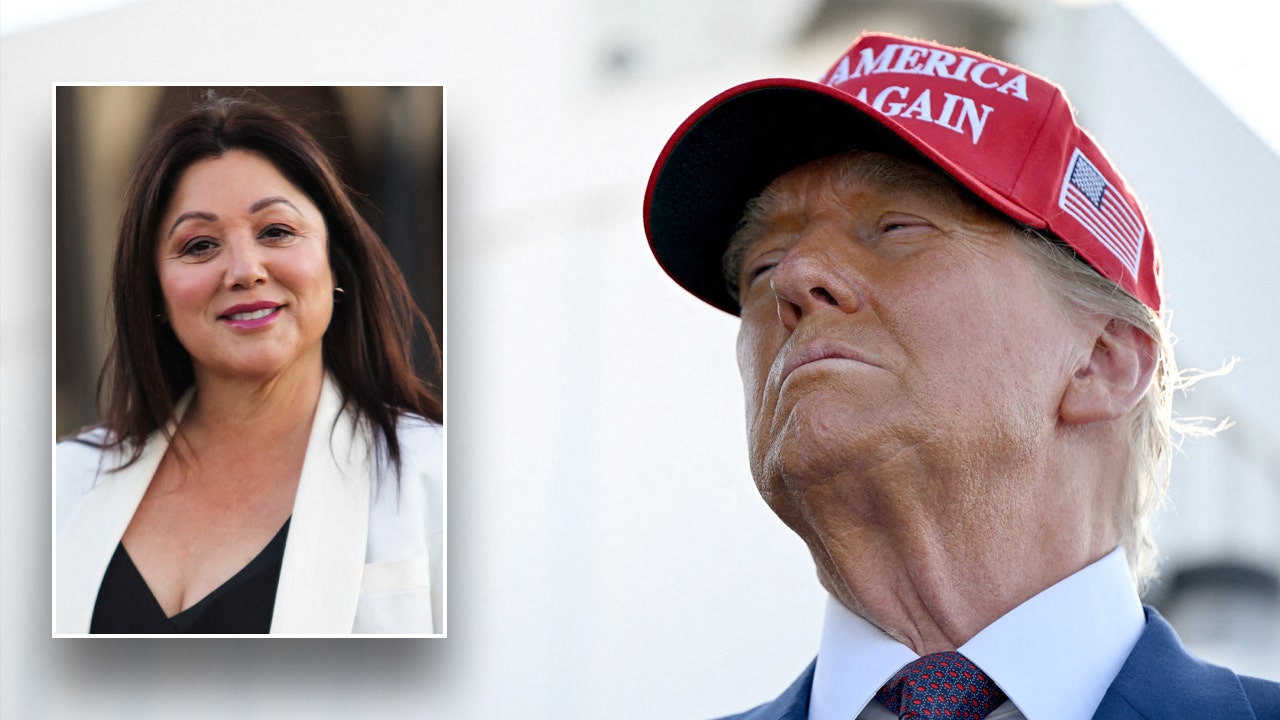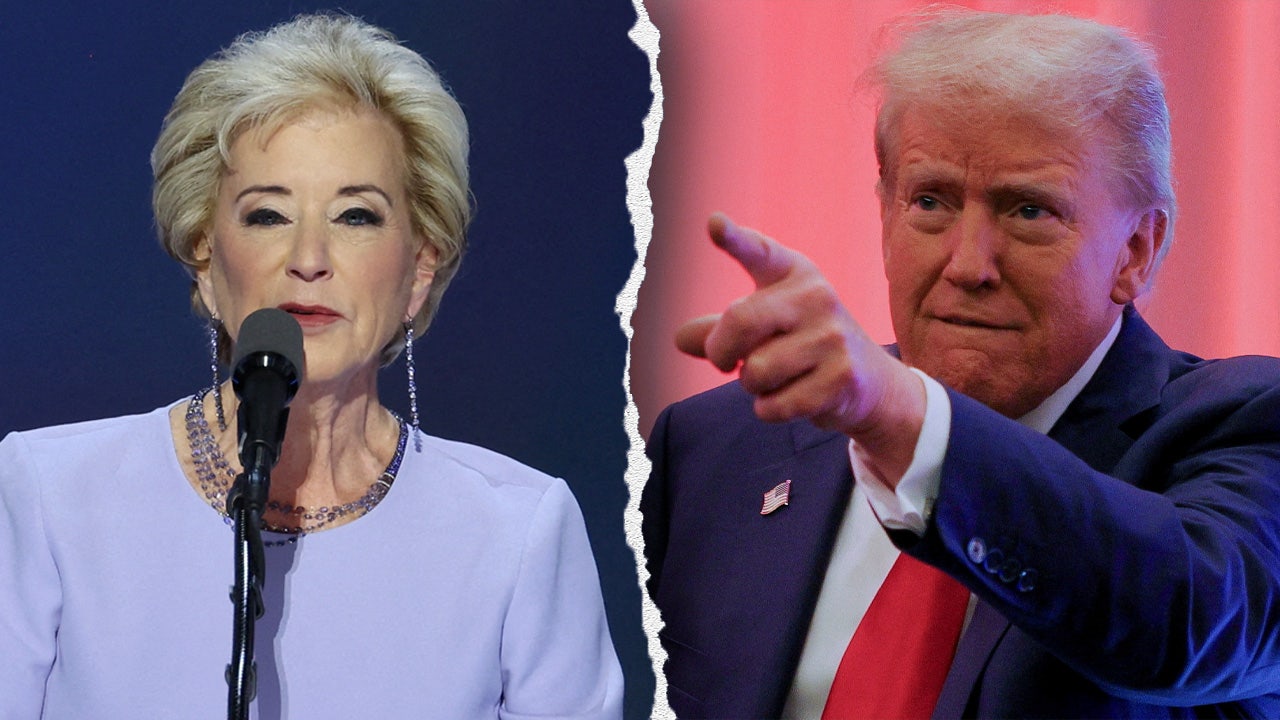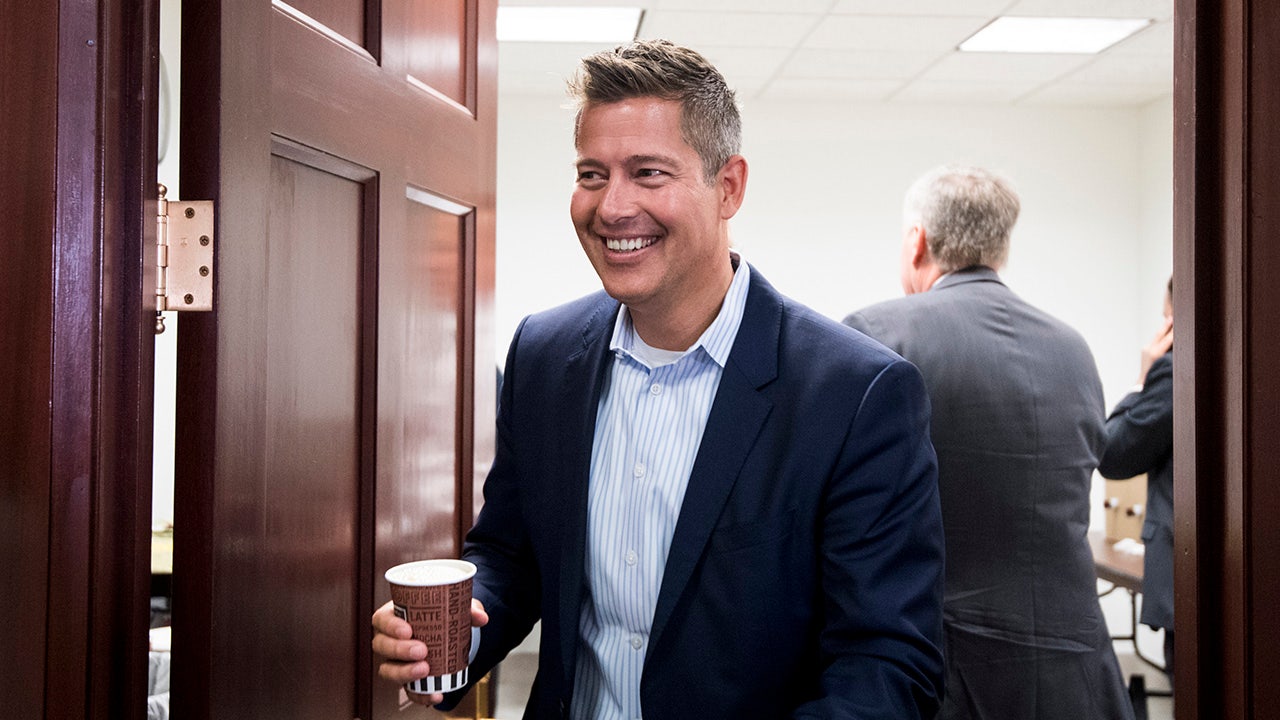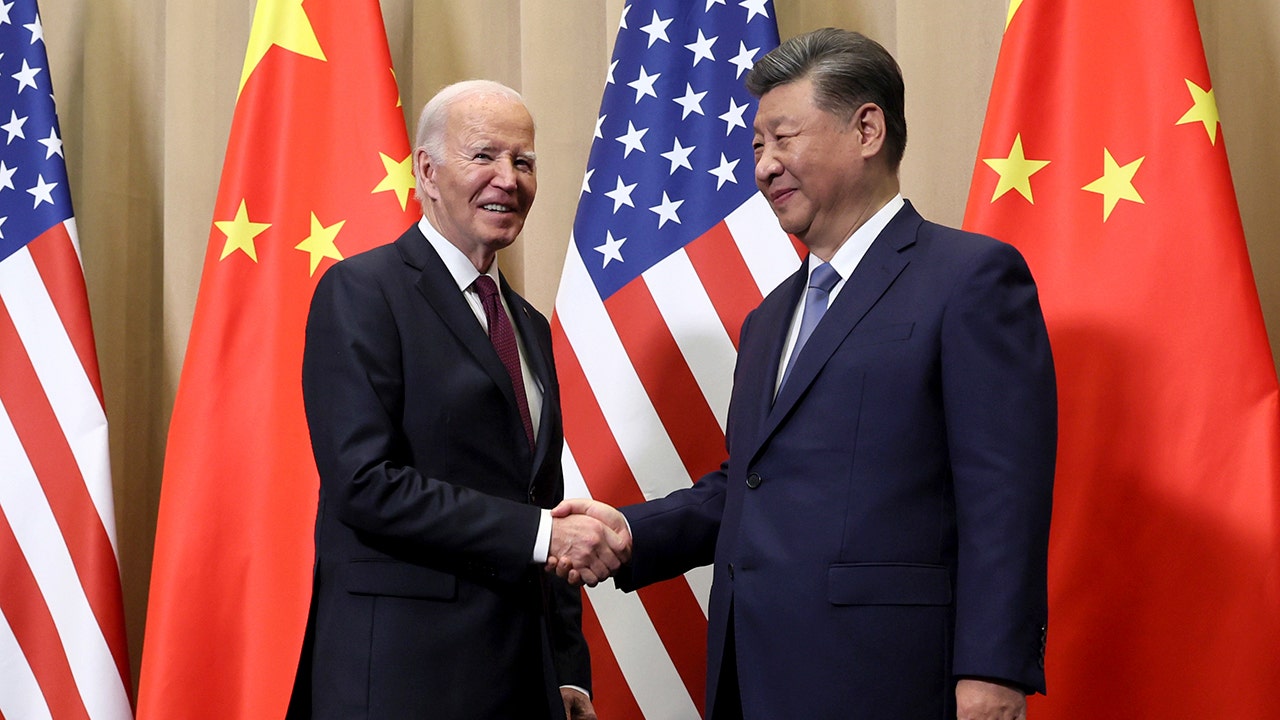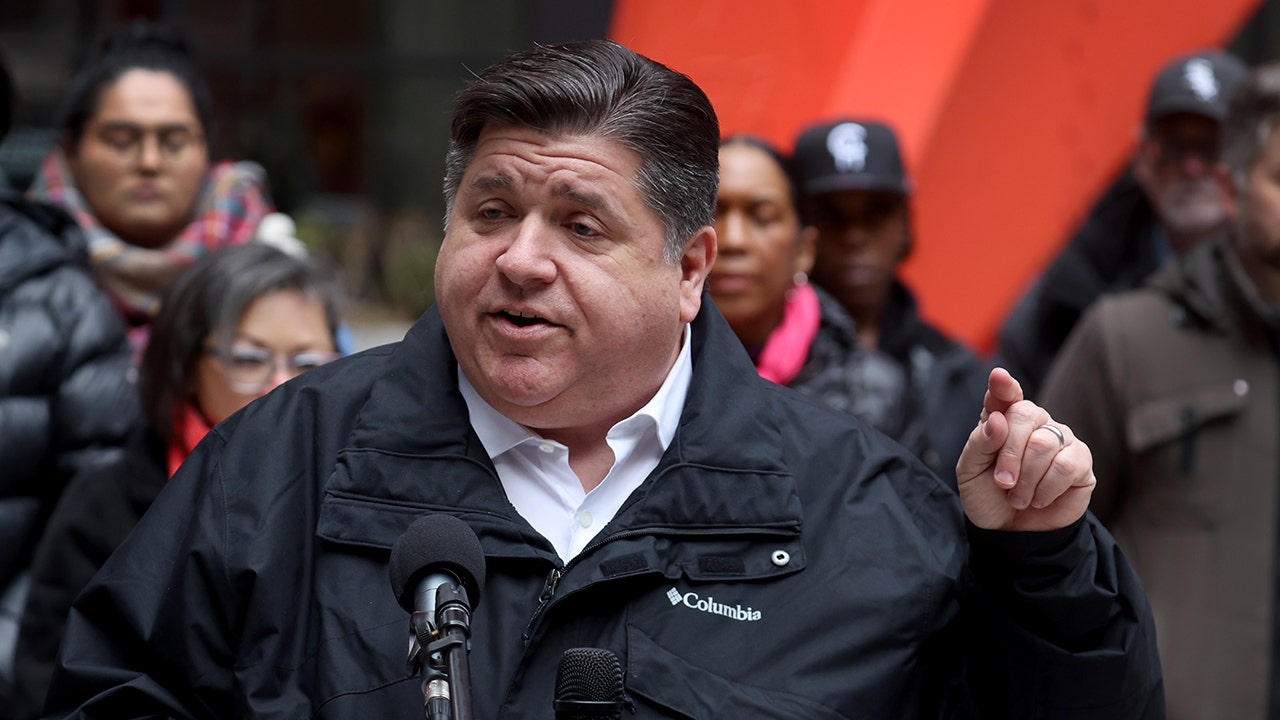The only scheduled debate between the vice presidential nominees on Tuesday night – five weeks before Election Day – may also serve as the final word for the campaigns of Vice President Kamala Harris and former President Donald Trump before a large audience on national television.
It’s an unusual twist of fate for Minnesota Gov. Tim Walz and Ohio Sen. JD Vance, whose selections over the summer thrust them into an intense political spotlight. A few months ago, Walz was a little-known Democratic governor and former six-term congressman who emerged as an unexpected contender as Harris’ running mate. When Trump announced Vance as his pick at the Republican National Convention in July, the first-term senator had yet to turn 40, and he has served less than two years in elected office.
A review of several past general election and primary debates for Vance and Walz yields a picture of two candidates with specific approaches to their previous performances, which could be instructive for this high-stakes moment.
The Walz-Vance matchup may be the last debate of the 2024 election, unprecedented in modern presidential campaigns, with Trump rejecting calls from Harris to agree to a second meeting, including one proposed by CNN for October 23 in Atlanta. With an exceedingly tight race entering the closing stretch and early voting underway in a handful of states, the running mates’ showdown Tuesday in New York presents one of the last major opportunities to make the case for their respective tickets.
“We’re taking two candidates from relative obscurity to a national platform basically overnight to introduce themselves to the American public and also act as the closing act for their candidates and their parties since there are no more presidential debates scheduled,” said Democratic strategist Rebecca Pearcey.
Walz’s time in elected office spans almost 20 years. The debates reviewed started in 2010, during his second reelection campaign to the House, through his 2022 gubernatorial reelection. Vance, a first-time candidate during his 2022 US Senate campaign, has participated in only two general election debates and a handful of GOP primary debates and forums.
Walz and Vance, both Midwesterners, share some similarities. Past debate footage reveals that both generally veer away from personal attacks and prefer loftier rhetoric to digging deeply into specific facts to establish policy credibility. Their past debate opponents said they didn’t always provide direct answers to questions.
Both Vance and Walz have proved to be steadfast in debates as well. In previous showdowns, Vance has acknowledged his early criticism of Trump but also argued that his past opposition was not disqualifying and that his support of the former president was ironclad. In the early years after the Affordable Care Act was signed into law but still lacked broad public support, Walz staunchly defended his vote for the measure even when that stance cut against his image as a political moderate.
But their similarities only go so far, according to interviews with more than a dozen Republicans and Democrats, including those who have worked with Vance or Walz in past campaigns or who have faced either of the vice presidential nominees on the debate stage.
Between Vance and Walz, the senator from Ohio has less debate experience but has had more time in the national spotlight. Coming on to the political scene after writing a New York Times bestseller in 2016, Vance won a crowded Senate primary in 2022 with the backing of Trump, and went on to hold the seat in Republican hands after a contentious race against a stronger-than-expected Democratic challenge.
Still, Vance’s debate experience is limited to two general election debates against Democratic former Rep. Tim Ryan and a set of forums and debates in the primary.
In both the primary and general election debates, Vance often stuck to policy areas he felt most comfortable with: immigration, the economy and drug control. On multiple occasions, the venture capitalist strayed from the moderators’ question or topic and leaned into his favored policy areas: immigration, public safety and the economy.
In his second debate against Ryan, when asked whether he supported a 10-year-old rape victim being allowed to get an abortion, Vance began by reiterating his opposition to abortion, except in certain instances, and then pivoted to immigration, pointing to the alleged rapist being an undocumented immigrant.
“My basic view here is that we need to protect life in this country, and it is a very different view from where Tim Ryan stands. Now in the particular case of that young girl, what I’ve said is she should be able to get an abortion in this state, and I think one obvious exception that applies there is that it’s very dangerous for a young girl to bring a baby to term like that,” Vance said. He then argued the incident would never have happened “if Tim Ryan had done his job on border security.”
In assessing Vance’s debate performance, Ryan praised his sharpness but said the Ohio Republican can be knocked off his game.
“He’s a smart guy, but he’s a very insecure guy and he’s got very, very thin skin,” Ryan told CNN in an interview. “And Walz is — he could bust your balls and you’re not even sure he busted your balls, but he did because he’s got a such a nice demeanor about him.”
Others who have participated in debates with Vance stressed he can be quick on his feet.
“Everybody else kind of has a narrative that they have the same answer to every question,” said Ohio Republican Michael Gibbons, who ran in the 2022 Senate primary against Vance. “JD has the intellectual capability of actually assessing a question as it’s asked and coming up with an answer that, in my view, 99% of the time reflects the truth.”
Vance allies and Trump campaign officials argue that the Ohio senator’s many TV appearances while on the 2024 campaign have helped hone his debate skills. According to those interviews and evidence from his past debates, Vance, a Yale Law School graduate, seems to enjoy getting into verbal volleys.
“JD loves debating,” said a longtime adviser.
Opponents from previous debates contend the Ohio senator is sometimes vague on topics such as abortion, which he’s sought to explain his opposition to while allowing for nuance. At other moments, Vance has eagerly linked immigration policy to drugs and fighting the fentanyl epidemic in the United States. In response to a question about illegal immigration during his first debate with Ryan, Vance first described his mother’s history battling addiction before tying that to illegal immigration.
“My mom struggled with addiction for a big part of my early childhood,” Vance said in response to the moderator’s question about his definition of a “meaningful” contribution to the United States by immigrants. “One of the great blessings for our family is we got a second chance with Mom because the poison that was coming into the country 15 – thank God, 15 years ago – was not nearly as dangerous as the poison that’s coming into the country today.”
In debates with Ryan, Vance would sometimes pivot to the offensive on a topic rather than delving into details on his own position. During their second debate, for example, when asked about measures he would take to improve police accountability, Vance first said there was a “list of things” he would support before he quickly went after Ryan for what he said was the congressman’s “effort to strip the police of qualified immunity.” He argued that’s why “we have violent crime on our streets right now,” alluding to protests sparked by the death of George Floyd.
“The problem that we had after 2020 is we were so worried about the rare bad cop that we completely turned the federal government on our law enforcement, and the consequence is we have streets that people don’t feel safe to walk down, not just in Youngstown but across the country,” Vance said.
While Vance’s experience as a debater is limited compared with most nominees for vice president, Walz’s includes onstage face-offs for multiple congressional and gubernatorial races.
His debate opponents and those who helped prepare him say the Walz now on the national scene is quite similar to the man who participated in congressional debates and state farm forums.
Like Vance, Walz didn’t engage in personal insults or name-calling in his previous debates, but he seemed eager to directly attack his opponents’ policy positions and past statements. During a 2018 gubernatorial debate, Republican Jeff Johnson tried to get under Walz’s skin by calling him “the greatest feel-good candidate I’ve ever seen,” to which Walz eagerly raised his hand. Later during that debate, while Walz was picking at Johnson’s position on taxes, the Republican said, “You don’t understand taxes very well.” Walz didn’t pause, continuing his attack line about Johnson on inflationary costs.
Walz’s Republican general election opponents criticized his responses as often being light on details and heavy on folksy charm.
“He had this image of being a moderate and he always said he was pro-Second Amendment. Of course, that changed when he ran for governor,” recalled Allen Quist, who ran unsuccessfully against Walz in 2012 for Minnesota’s 1st Congressional District. Quist described how despite attacking Walz on the “many spending bills that he voted for,” it was nevertheless hard to land a knockout blow against him because of the brand Walz had built.
Walz has also been known to talk fast in debates and, unlike Vance, has often used hand gestures or facial expressions while his opponent responded.
As a congressman for six terms representing one of the most moderate and rural districts in Minnesota, Walz would regularly rebuff attacks about his support for Obamacare or being more liberal than his district by noting his work with Republicans. He even invoked his invitation to the late Sen. John McCain’s funeral during a debate to underscore his bipartisan bonafides.
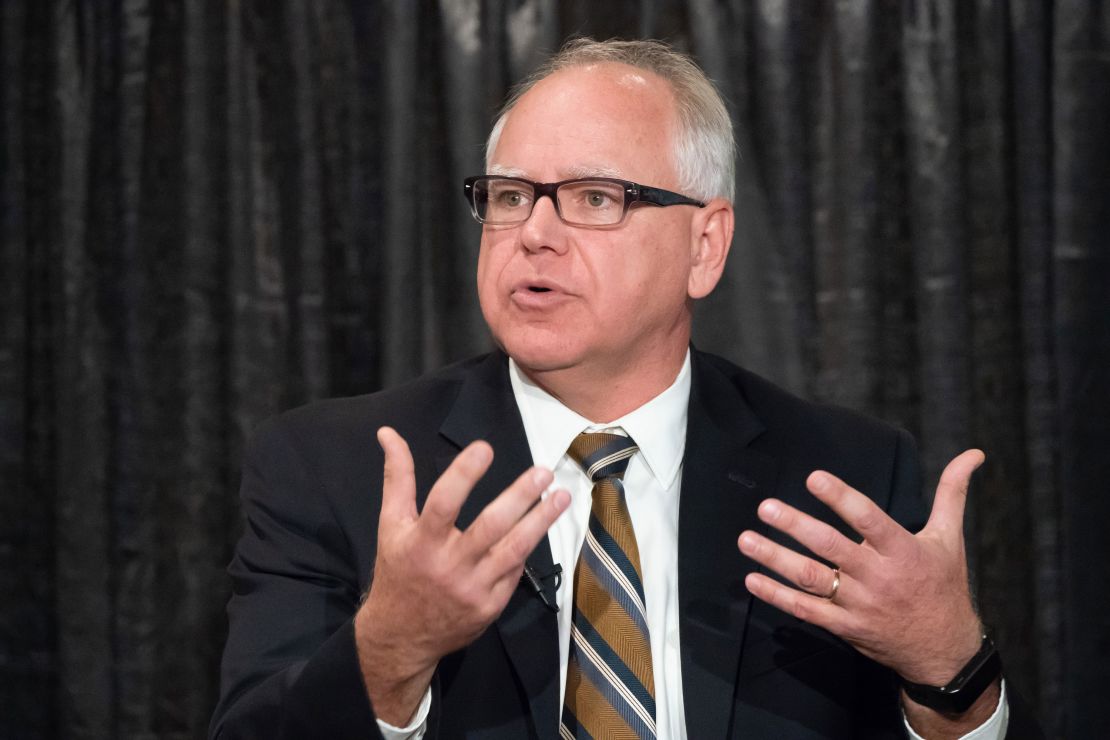
As governor, Walz has been no stranger to being pegged as a radical and fielding attacks on hot-button issues, such as his handling of riots in the aftermath of Floyd’s killing or his defense of Obamacare or Minnesota’s immigration laws.
“The murder of George Floyd shocked not just Minnesota but the nation and the world,” Walz said during a debate against Republican Scott Jensen in 2022. Walz noted the law enforcement response involved coordinating with departments in the state, the region and the National Guard. “This will be written about for quite some time. I’m proud of Minnesota’s response. I’m proud of Minnesota’s first responders who were out there. … What I can tell you came out of that was that there have been several occasions from Derek Chauvin’s trial to the murder of Daunte Wright where the potential for this to happen was there. It did not because of the lessons learned and the ability to mobilize” that response.
Democrats who have worked with Walz on previous campaigns describe him as hard to trip up in debate settings.
“In all of his congressionals and all of his gubernatorial stuff, he knows the policy backwards and forwards. He doesn’t get knocked back down on his feet. He knows what he stands for, but he’s not afraid to throw an elbow in a ‘Minnesota nice’ kind of way,” said a former Walz consultant. “I think the thing with him is he doesn’t get defensive. He knows where he stands. He’s comfortable in his own skin and he’s ready for it.”
Democratic and Republican strategists, including those who have worked for Vance and Walz, noted that debates between vice presidential nominees rarely move the needle substantially. More often than not, the goal is to do no harm or, in a worst-case scenario, mitigate any damage from a previous debate between the presidential nominees.
But allies and strategists connected to both Walz and Vance expect this one to be different. They argue that the two are relatively new to the national spotlight and that there has been outsize attention on their place on the Democratic and Republican tickets.
“I expect a pretty interesting debate,” the longtime Vance adviser said. “Look, fundamentally I don’t think people cast a vote based on who you pick as VP. But I think it will probably get more media attention than, say, a Tim Kaine versus Mike Pence who, let’s be honest, are two pretty boring guys.”
Still, for as many debates, forums and interviews these candidates have done, neither has debated as a running mate’s No. 2. In that sense, this debate is a new test for both Walz and Vance as they defend their tickets’ platforms.
Read the full article here



